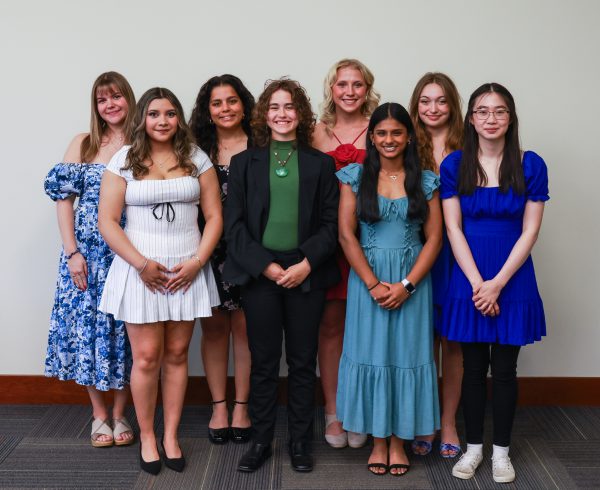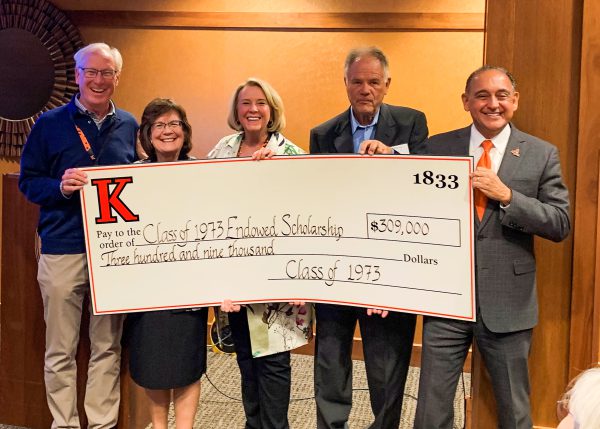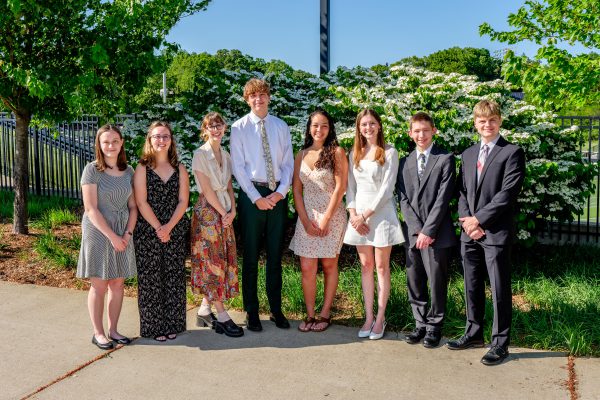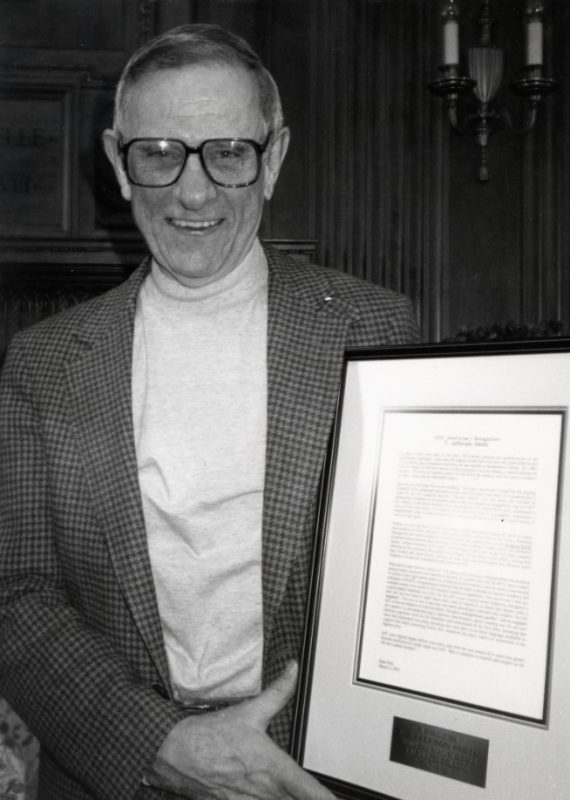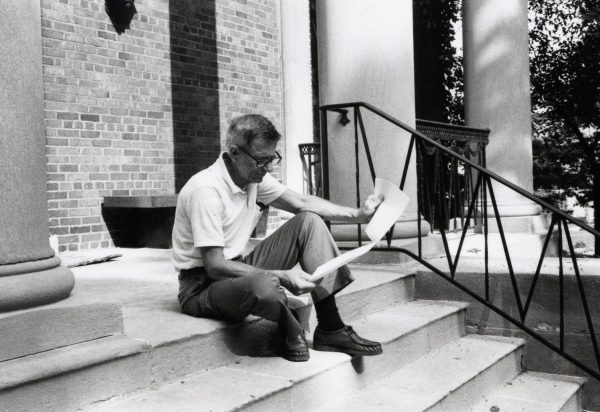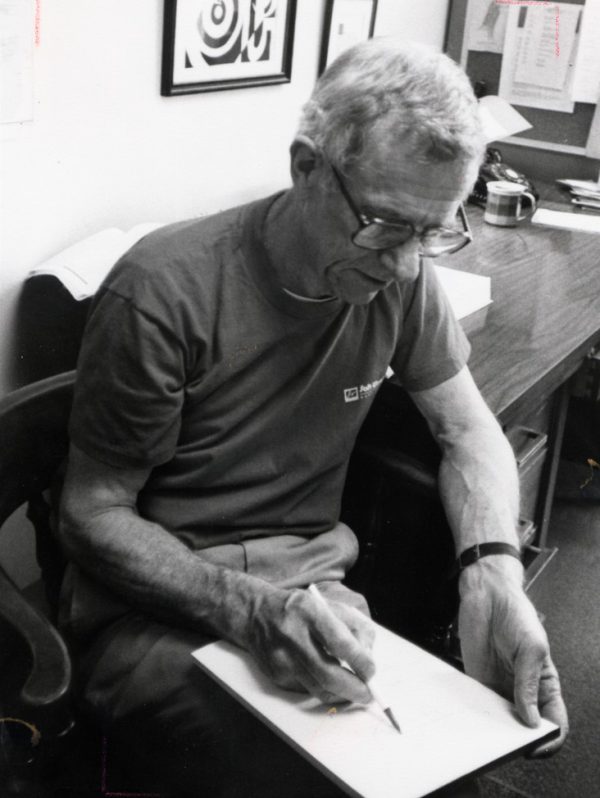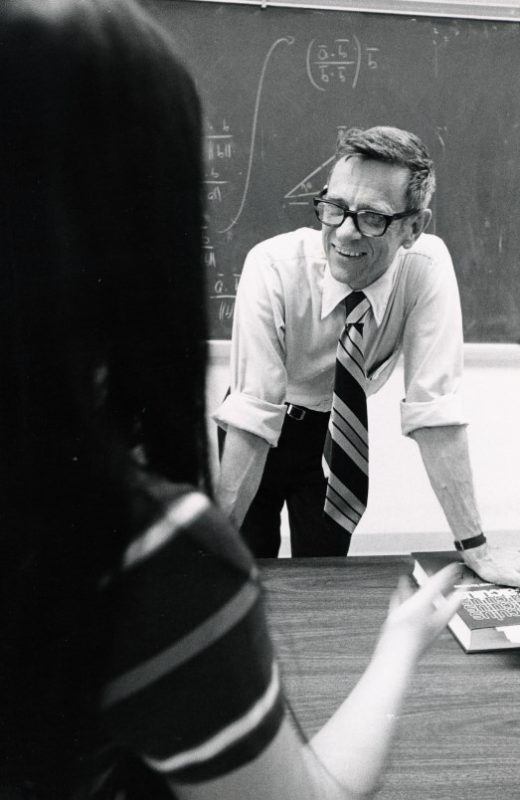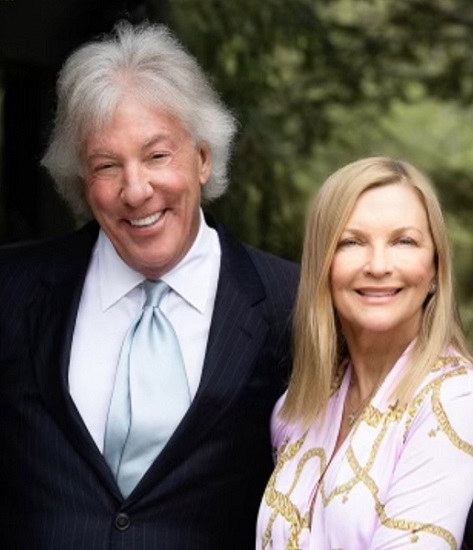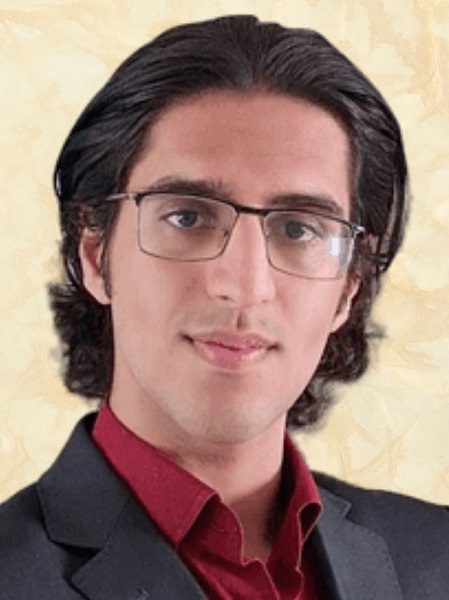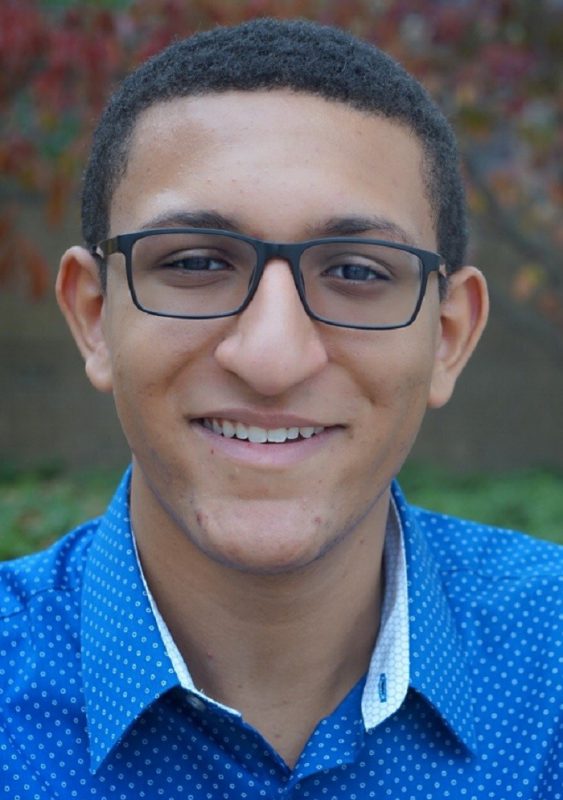Editors Note: Carson Williams ’25, a former Kalamazoo Promise scholar, wrote this story for College Marketing and Communication.
On November 10, 2005, then-Superintendent Janice Brown stood in front of a school board meeting and made an announcement that would change the lives of students in Kalamazoo, Michigan: The Kalamazoo Promise. The initiative promised that Kalamazoo Public Schools students who attended KPS for at least grades 9–12 would receive a graduated scholarship covering up to 100% of tuition and mandatory fees at 43 eligible Michigan community colleges and universities, funded by a group of anonymous donors. These donors had gathered previously and recognized “the hurdle that college tuition poses in determining the futures of young people.” They then posed the question: what could students accomplish without worrying about the potential financial burden that often comes when seeking higher education? The Kalamazoo Promise Foundation was their answer. Kalamazoo became the first city in the United States to offer full scholarships.
As monumental as this announcement was, one of the gaps was that the Kalamazoo Promise could not be used at the private liberal arts institution in the city it was born in: Kalamazoo College. But 10 years after the initial unveiling of the Promise, K and other private schools that were part of the Michigan Colleges Alliance (MCA) declared that they would be joining with the Kalamazoo Promise Foundation, with eligibility beginning in fall of 2015. The Promise would cover funds equal to the average tuition and fees of the undergraduate programs at the University of Michigan, and the MCA institution would cover the rest. Since 2015, 230 Promise scholars have enrolled at Kalamazoo College, 40 of whom were first-generation college students. Currently, there are 85 Promise scholars at K.
Since partnering with the Kalamazoo Promise, K has worked extensively to ensure that Promise scholars feel welcome on campus and have access to all resources possible. Wraegan Williams is the Promise liaison at K who fulfills this role. “I work closely with colleagues across campus and at the Promise office to proactively address student needs and connect them with academic and wraparound supports to help them thrive both during their time on campus and in their professional pathways as graduates,” Williams said.
“We are working hard to move from partnership to true collaboration with KPS and the Kalamazoo Promise Foundation,” said Shannon Milan, K’s director of Admission. “That means creating intentional opportunities for connection, access, and belonging. Our goal has been simple but powerful: to help KPS students see themselves at Kalamazoo College. A place that believes in them, values them, and is ready to walk alongside them as they take their next steps.”
K has focused on more intentional forms of outreach, including their new annual “Why We Promise” visit day, which salutes the high potential of KPS students and helps them envision their future through K. This day, as well as K’s other forms of outreach to KPS students, have concentrated on a few key messages: possibilities in a place that believes and values students; inspiring students toward curiosity, courage, and community; displaying gratitude to KPS scholars, families, educators, and the Promise team for all of their work to create better opportunities; and highlighting that K is the right choice for students who want to ask big questions and make a difference, because K will challenge, support and celebrate them through each step.
K promotes the mantra that KPS students who are unsure about leaving their hometown for college “can go far by staying here.”
“We want KPS students to understand that staying in Kalamazoo doesn’t mean limiting their horizons,” Milan said. “It means launching from a strong foundation. At Kalamazoo College, they can take full advantage of the Promise while still accessing the kind of global, transformative experiences that define a world-class education.”
Building on that message, K emphasizes what it means by “going far.” One of these ways is through K’s study abroad program, which is also covered by the Promise. Fifty-five percent of K’s Promise scholars have participated in study abroad or study away. Students can also join K’s alumni network that reaches beyond Kalamazoo.
“Being part of this network means students can remain deeply rooted in Kalamazoo while gaining lifelong global connections.” Milan said.
Finally, K provides students with opportunities for internships, research and experiential learning that will help them grow outside of K.
When asked about success stories of the Promise at K, Williams said that all of the successes she has witnessed began with the same belief: “Without the Promise, K wouldn’t have been a possibility.” Through the scholarship, Promise scholars can fully engage in the K-Plan—which unites academics, study abroad programs, independent study, career development, and civic engagement within a flexible and exciting curriculum.
“The impact is clear: 81% of Promise scholars at K have completed a bachelor’s degree, with many continuing on to graduate school, professional programs, competitive internships, and strong employment outcomes, some right here in Kalamazoo, contributing to the same community that invested in their success,” Williams said.
“At the heart of the Kalamazoo Promise is hope, and we see that hope come to life every day at K,” Milan said. “The Promise isn’t just about access to college. It’s about believing in the potential of every student in our community. We’re honored to be part of that story!”
Living the Kalamazoo Promise at K
As a former Promise scholar and K alumna, I am beyond grateful for having the opportunity to learn at an institution like K free of financial burden. I talked to other K students, both alumni and current, who have utilized the Promise scholarship.
Adam Dorstewitz-Verne ’22
Adam earned his degree in computer science and economics, with a minor in mathematics. He currently works for baseball tech company Sydex Sports, which supports MLB, MiLB and NCAA baseball and softball teams that use their software for video coaching.
What does the Promise mean to you personally? The Promise is what gave me the ability to choose the school I wanted to go to without fear of debt. I had the freedom to apply to Michigan-based schools only on how I felt about their program/what they had to offer me, instead of what the financial aid package might look like. The Promise meant college never felt financially unattainable.
How has the Promise helped you pursue your dreams or goals at K? The Promise helped me get to K, and then after that, the knowledge that I was covered while at K meant finances weren’t in the back of my head as I was studying or pushing for a grade for fear of losing a scholarship. It freed me to just be a student, which is tenuous enough without fearing a grade-based financial aid package. The Promise gave me the flexibility to apply for the scholarship that gave me my first job after college, because I knew that I had the ultimate backup in the Promise and that I could reach for the stars and if I fell, I’d still be covered.
Ella Boyea ’26
Boyea is a senior at Kalamazoo College with a major in business and a minor in anthropology and sociology. She recently completed her Senior Integrated Project, which included an internship with a bank in Lansing, Michigan, which she obtained through a K alum. At this internship, she helped with financials, marketing and the process of achieving and setting future goals. Boyea plans on heading into marketing after graduation.
What does the Promise mean to you personally? To me, the Kalamazoo Promise represents an opportunity that shaped the direction of my future. It symbolizes the power of living in a community that cares, and it opened doors I may not have been able to walk through if I didn’t receive this financial stability. Growing up knowing that my education mattered to the people around me created a sense of belonging and motivation. It eased the financial burden of college, allowing me to focus on my academic interests and envision possibilities for myself that I could have only dreamed of before. The Kalamazoo Promise means freedom for people to be able to push themselves to shape who they will one day become.
Since 2015, 230 Promise scholars have enrolled at Kalamazoo College, 40 of whom were first-generation college students. Currently, there are 85 Promise scholars at K.

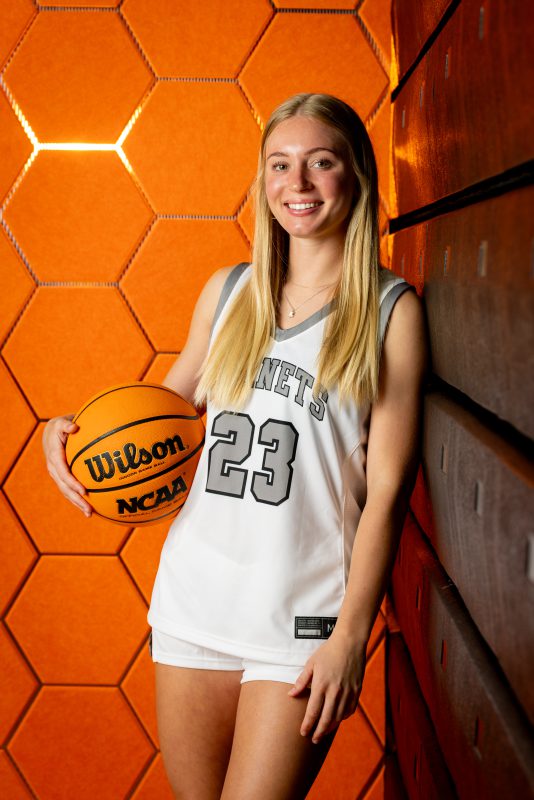
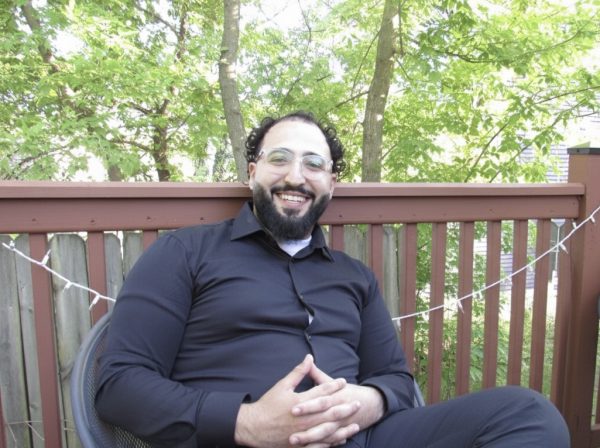
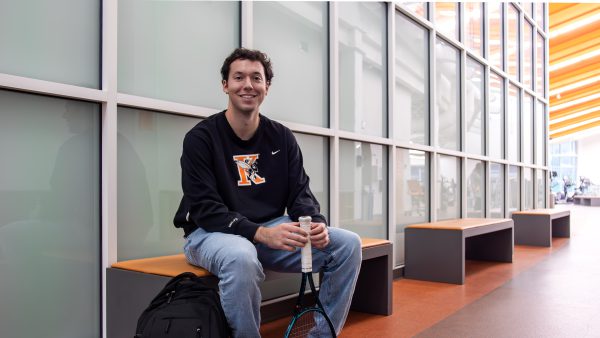
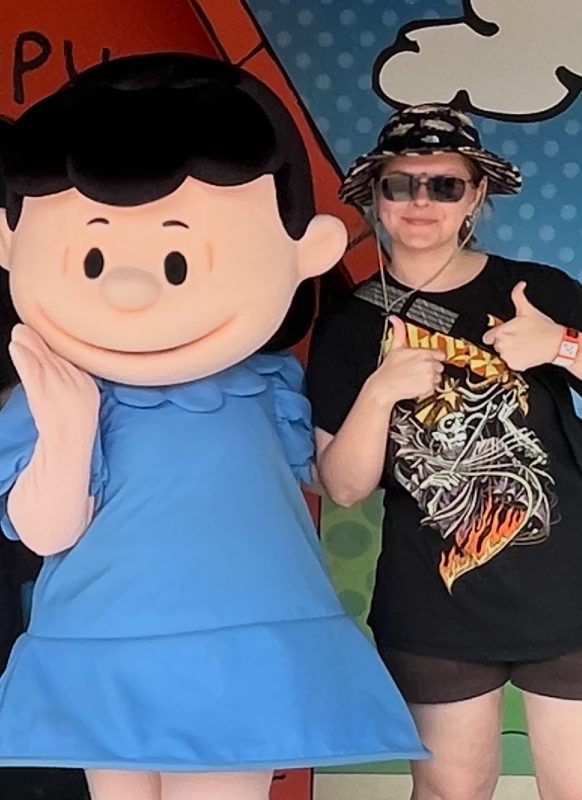
How has the Promise helped you pursue your dreams or goals at K? The Kalamazoo Promise has given me the opportunity to attend an amazing school that works to build community, connections, and character. I have learned so much from the wide variety of classes I have taken here, [as] well as from my study abroad program to Madrid, Spain, my junior year which expanded my personality and social life tremendously. I am also appreciative of the clubs I am a part of and the Women’s Basketball team I am on here at K, which I would not have been able to do without the Promise giving me the chance to attend this school in the first place.
Ala Awad ’26
Awad is a senior at K completing a business major. He is currently working at his family’s restaurant, Nidal’s Shawarma King, and his future goal after graduation is to head into medical sales. Awad enjoys building relationships and helping people and feels that medical sales is the perfect place for him to grow professionally while staying connected to healthcare.
What does the Promise mean to you personally? The Promise means support. It took a huge financial weight off my shoulders and gave me the chance to focus on my education and my future. It’s made college feel so possible and has motivated me to work even harder.
How has the Promise helped you pursue your dreams or goals at K? The Promise has allowed me to fully commit to my classes and explore career paths connected to business and healthcare without worrying about tuition. It’s given me the freedom to build on my skills, take on leadership roles and stay on track toward my goal of going into medical sales after graduation.
Megan Hybels ’25
Megan earned her degree in religion with a history minor. She is currently enrolled in a Master of Arts program at Western Michigan University in their comparative religious studies department and is working as a grad assistant for WMU. She plans on working for an interfaith nonprofit in the future.
What does the Promise mean to you personally? I think a lot of people choose to not go into the humanities because they are afraid they won’t get a job that pays well enough to pay off student loans. Since I had the Promise, I felt better about choosing a major/program [that] I was passionate about, even if it’s less lucrative than other fields.
How has the Promise helped you pursue your dreams or goals at K? If I hadn’t had the Promise and felt more free to take a wide variety of different classes, I never would have taken a religious studies class and found out that it’s something I’m interested in.
Tom Clark ’27
Tom is a junior at K working on a business major with a psychology minor. He plans on pursuing a master’s degree in exercise science. Along with his studies, Tom is on the men’s tennis team.
What does the Promise mean to you personally? For me personally, the Promise means a lot of different things. Not only does it mean an opportunity to further my education, but it also means family. I was privileged to intern at [The Kalamazoo Promise] and get an inside look at all of the people behind the scenes who are changing countless lives. I already was very appreciative of the gift of the Promise but am even more grateful having seen how much work is actually being done in order to make such a scholarship work.
I also view the Promise as a sense of community. Whether it be in college, in a professional setting, individuals who have been impacted by the Promise belong to a sense of community. There is a shared gratitude for the opportunity that has been given. It is an easy point of connection to make with someone regardless of age, school, or occupation. Among most people that I have talked to, there is also a sense of willingness to give back. The Promise doesn’t take monetary donations, but giving time and volunteering is a way that people can repay the Promise for what it has done. I have already helped out at a couple of different events where I try to show the younger generation that there is an amazing opportunity for them that can be used in a variety of ways, whether that be a four-year degree, associate’s degree, or a trade school certification. The opportunities that the Promise provides are not given to everyone, so it is your responsibility to make the most of it.
How has the Promise helped you pursue your dreams or goals at K? It has allowed me to fulfill a lifelong dream of being a college athlete. Without the Promise, I wouldn’t have been able to play a sport in college because of the cost of schooling, particularly at K. The Promise has allowed me to further my academic and athletic career, while forming countless relationships with people who I wouldn’t have otherwise met, and changed the trajectory of my life.

